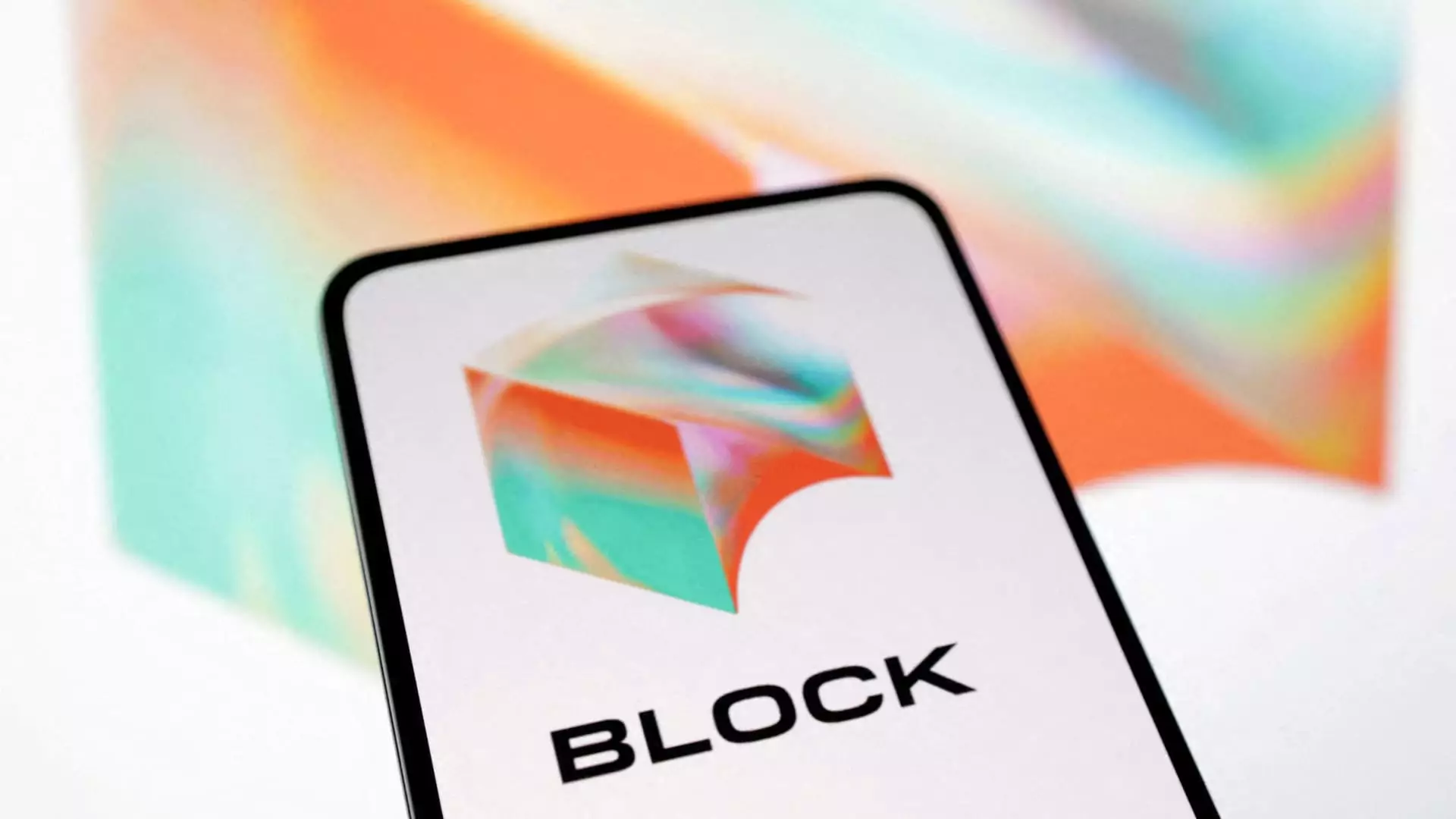In the ever-evolving landscape of fintech, Block (formerly known as Square) recently released its third-quarter financial results, presenting a complex picture of growth, profitability, and strategic pivots. While the company recorded notable earnings, certain key metrics fell short of analysts’ expectations, leading to some initial turbulence in its stock price. This article delves into the intricate details of Block’s performance, highlighting both achievements and areas of concern.
Block’s third-quarter earnings report revealed adjusted earnings per share of 88 cents, slightly surpassing the anticipated 87 cents. However, the revenue figure of $5.98 billion significantly missed the expected $6.24 billion. This discrepancy sent ripples through the financial markets, causing an initial decline in the company’s stock during after-hours trading. Nevertheless, the stock rebounded as investors shifted their focus towards profitability metrics, particularly the 19% year-over-year increase in gross profit, which reached $2.25 billion.
While revenue is a crucial indicator of company performance, Block’s chief financial officer, Amrita Ahuja, emphasized that analysts are increasingly prioritizing gross profit as a more telling metric. This sentiment suggests a growing awareness within the investment community that profitability, rather than just top-line revenue, is essential for long-term sustainability and investor confidence.
One of Block’s standout performers was its flagship mobile payment platform, Cash App. In the latest quarter, Cash App generated $1.31 billion in gross profit, an impressive jump of 21% from the previous year. Moreover, the number of monthly active users for its Cash App Card surged by 11%, surpassing 24 million. This momentum in user engagement is pivotal for Block, as the Cash App ecosystem plays a significant role in the company’s overall financial health.
Despite the increase in gross profit, the overall gross payment volume of $62.4 billion fell short of the predictions of $64.3 billion. The company remains optimistic about its trajectory, projecting a 14% increase in gross profit for the fourth quarter, anticipating $2.31 billion. This forward-looking statement reflects a confident approach to recapturing market expectations following the latest earnings report.
Amidst the fluctuations in revenue and payment volumes, Block is intensifying its focus on its lending products, which play a crucial role in user monetization for Cash App. CEO Jack Dorsey’s recent shareholder letter elaborated on the importance of transforming Cash App Cards into viable alternatives to conventional credit cards, a strategic move likely to entice a growing demographic of consumers increasingly interested in flexible payment solutions.
The acquisition of Afterpay, the Australian buy now, pay later (BNPL) firm, for $29 billion in 2021 is central to this strategy. Ahuja highlighted the use of artificial intelligence in their lending products, which aids in expedient decision-making while maintaining a keen eye on risk management. With loss rates as low as 1% for BNPL and 3% for Cash App borrow, Block is positioning itself as a leader in responsible lending within the fintech arena.
Block’s recent challenges have prompted operational restructuring. The company is scaling back its investment in Tidal, a music streaming service associated with Jay-Z, and winding down TBD, a Bitcoin-focused initiative. These decisions align with a broader strategy to streamline operations and focus on core competencies amid a changing economic landscape, including the recent layoffs within the organization.
In addition to its business adjustments, Block remains steadfast in its commitment to Bitcoin. The company reported holding 8,300 Bitcoins, valued at approximately $630 million, showcasing a lengthy holding strategy even amidst fluctuations in the cryptocurrency market.
Block’s third-quarter earnings present a blend of optimism and caution. While the company excels through aggressive growth in gross profit, user adoption of Cash App, and a strategic pivot towards innovative lending solutions, challenges in revenue metrics and external market pressures cannot be ignored. Investors must weigh these factors carefully, as Block continues to navigate a complex and competitive fintech landscape, with an eye toward future opportunities and sustainable profitability.


Leave a Reply